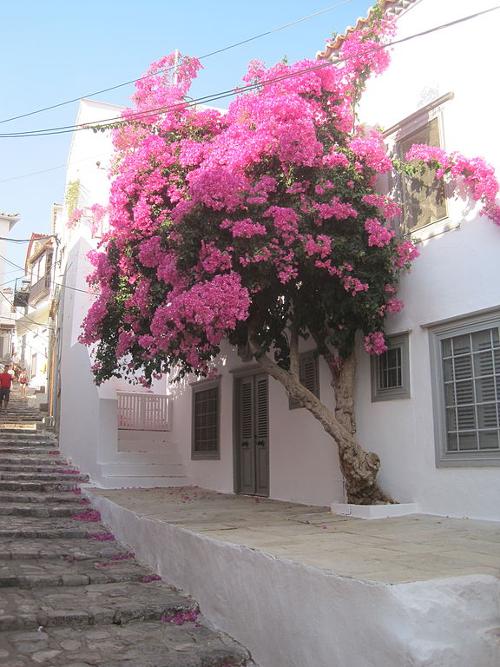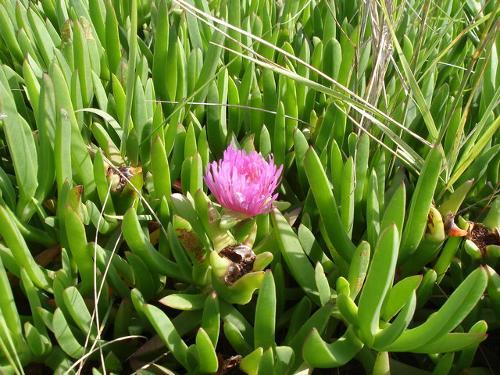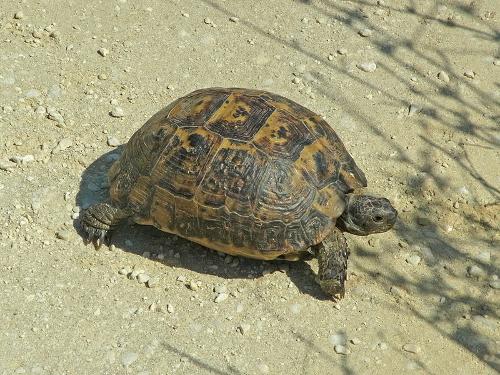HYDRA
Plants and Animals

Plants and Animals
Popular destinations GREECE
| Aegina | Alonissos | Andros |
| Chios | Corfu | Crete |
| Hydra | Kalymnos | Karpathos |
| Kefalonia | Kos | Lefkas |
| Lesbos | Mykonos | Naxos |
| Paros | Patmos | Peloponnese |
| Poros | Rhodes | Samos |
| Santorini | Skiathos | Skopelos |
| Spetses | Thasos | Zakynthos |
Plants and Animals
Plants
Walking on Hydra one comes across a great variety of trees, plants and flowers, including olive trees, pine trees, almond trees, cypresses, Cyclamen graecum, poppies, capers, sea fennel, sage and thyme.
 Bougainvillea HydraPhoto: Qweasdqwe CC 4.0 no changes made
Bougainvillea HydraPhoto: Qweasdqwe CC 4.0 no changes made
Bougainvilleas add colour to streets and gardens on Hydra. The dominant colour is original (wild) pink, but deep purple, white and orange are also common. Most species shed their leaves in winter and flower from May to October. Because of their high salt resistance, they are also very common on the coast. Due to the favourable Mediterranean climate, fig cacti are found all over Hydra. The figs are edible but should be peeled carefully.
 Hottentot Fig, HydraPhoto: Ian Culiffe CC 2.0 no changes made
Hottentot Fig, HydraPhoto: Ian Culiffe CC 2.0 no changes made
Hottentot figs are creeping plants of the ice family, which are mainly found on the coast of Hydra. They flower from March to July and the fruits are edible.
Animals
There are no large wild animals on Hydra, but of course there are many domesticated (mule) donkeys, goats and sheep. Quails and partridges, as well as many migratory birds, occur on the island.
 Greek Tortoise, HydraPhoto: Donkey shot CC 3.0 no changes made
Greek Tortoise, HydraPhoto: Donkey shot CC 3.0 no changes made
The Greek tortoise is found all over Hydra, except in inhabited areas, but is not easy to trace. Early spring is the best time to see the turtles, as they are just coming out of hibernation and looking for food and a partner.
Sources
Wikipedia
CIA - World Factbook
BBC - Country Profiles
Last updated January 2026Copyright: Team The World of Info